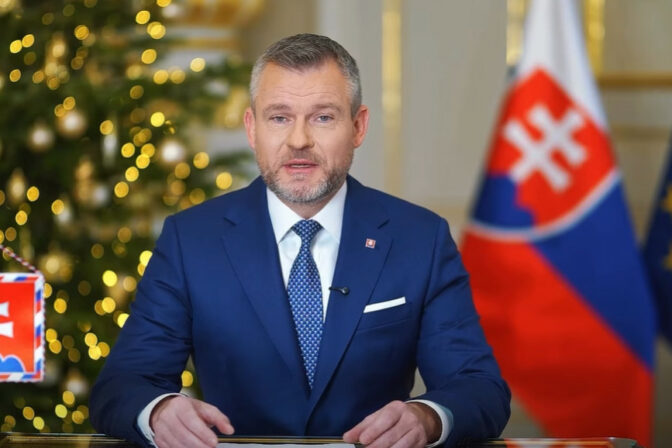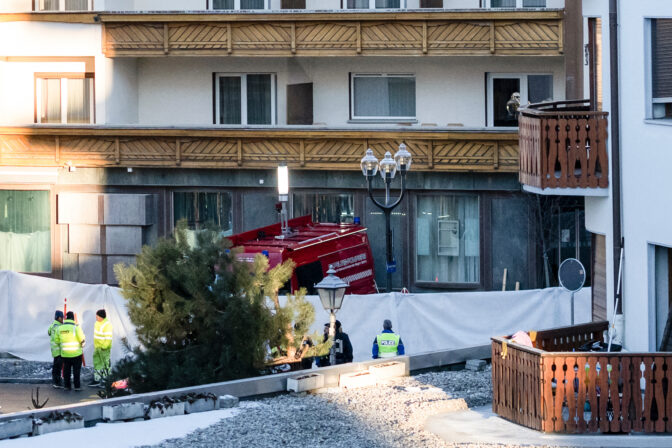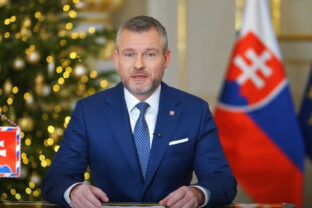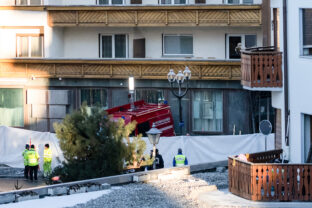BRATISLAVA, August 30, (WEBNOVINY) — Leaders of the ruling coalition are supposed to debate the common proposal by sole-proprietors and artists, suggesting changes to the prepared tax & levy reform, at a Coalition Council in September. It will be Prime Minister Iveta Radicova that will submit the remarks raised by the Slovak Association of Small Enterprises, the Slovak Craft Chamber and the Slovak Coalition for Cultural Diversity to coalition partners. They are part of the talks including also social and health insurance contributions reform and budget and, thus, the debate would take place sometime in September, prime minister’s spokesperson Rado Bato noted.
The proposal presented to Prime Minister Iveta Radicova on Tuesday will now be tabled to the Finance Ministry, for evaluation of its impact on the reform. Chairman of the Slovak Craft Chamber Vojtech Gottschall reported that representatives of sole-proprietors and the prime minister found common points that would be discussed at expert level. According to Gottschall, sole-proprietors elucidated individual points of the reform plans they object to.
Representatives of sole-proprietors want to preserve forty-percent flat expenses and the status quo regarding income of contract agents, namely not to raise payroll contributions from these earnings. President of the Slovak Craft Association Stanislav Cizmarik pointed out that eliminating the shadow economy could help resolve the present problems, as well. He predicts that this area may provide more money than the tax & levy reform will collect from sole-proprietors.
Prime Minister Iveta Radicova promised in mid-August that the Cabinet would seek to resolve some technical problems identified by artists, for instance, contributions from the so-called passive income and recognition of some unconventional spending as tax expenses.
The Cabinet approved the legislative format of the tax & levy reform on Friday, August 19. As of next year, the super-gross wage is to become the calculation base for taxes and health and social insurance contributions. The super-gross wage will be the employee’s gross wage increased by payroll contributions paid by the employer, except for accident insurance contributions. The changes will bring about one health insurance and one social insurance contribution and a uniform calculation base for taxes and health and social insurance contributions.
SITA












